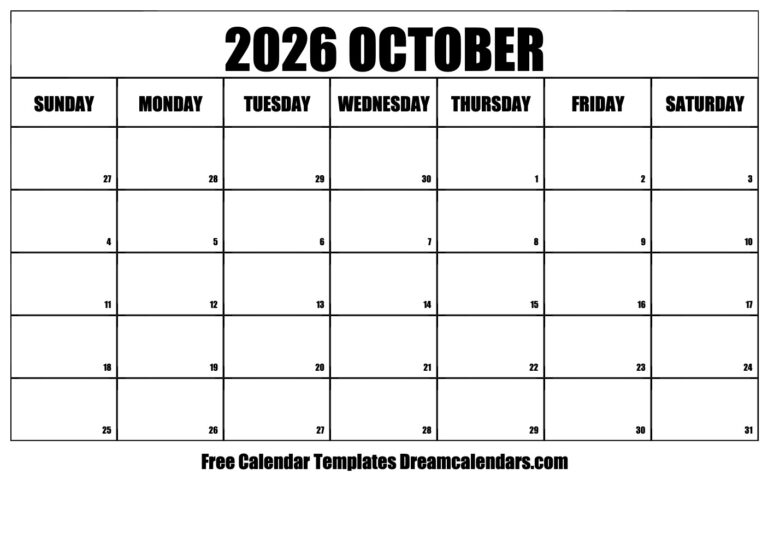Nj State Payroll Calendar 2025: A Comprehensive Guide for Employees
Navigating payroll can be a complex task, but with the Nj State Payroll Calendar 2025, state employees have a valuable tool to ensure timely and accurate payments. This comprehensive guide provides an overview of the calendar structure, pay schedule, deductions, and other essential information, empowering employees to manage their finances effectively.
The calendar serves as a roadmap for state employees, outlining key dates such as paydays, holidays, and other milestones. By understanding the calendar’s structure, employees can plan their finances accordingly and avoid any potential disruptions to their cash flow.
NJ State Payroll Calendar Overview
The NJ State Payroll Calendar 2025 is an indispensable tool for state employees, providing a comprehensive schedule of pay dates throughout the year. This calendar serves as a reliable reference, enabling employees to plan their finances effectively and stay informed about upcoming paydays.
The target audience for this calendar includes all current and prospective state employees who need to stay up-to-date on their pay schedule. It is particularly useful for individuals who manage their finances carefully and rely on timely paychecks to meet their financial obligations.
Pay Schedule and Deductions

State employees in New Jersey follow a bi-weekly pay schedule, meaning they receive their paychecks every other Friday. The pay periods run from Sunday to Saturday, and the paychecks are typically deposited into employees’ bank accounts on the following Friday.
Various deductions may be applied to employee paychecks, including federal and state income taxes, Social Security and Medicare taxes, and any voluntary deductions, such as health insurance premiums, retirement contributions, or union dues. These deductions reduce the employee’s gross pay, resulting in a lower net pay.
Sample Deductions and Calculations
- Federal Income Tax: Calculated based on the employee’s income and withholding allowances, as per the IRS tax brackets. For example, an employee earning $1,000 per pay period may have $100 deducted for federal income tax.
- Social Security Tax: A 6.2% deduction applied to the employee’s gross pay, up to a certain wage limit. For example, an employee earning $1,000 per pay period may have $62 deducted for Social Security tax.
- Medicare Tax: A 1.45% deduction applied to the employee’s gross pay, with no wage limit. For example, an employee earning $1,000 per pay period may have $14.50 deducted for Medicare tax.
- Health Insurance Premiums: Voluntary deductions made by employees to cover the cost of their health insurance coverage. The amount deducted varies depending on the plan selected and the employee’s coverage level.
- Retirement Contributions: Voluntary deductions made by employees to contribute to their retirement savings accounts, such as a 401(k) or 403(b) plan. The amount deducted is typically a percentage of the employee’s gross pay.
Additional Resources and Support

State employees have access to a range of resources and support regarding payroll matters. These resources can help employees understand their pay schedules, deductions, and other payroll-related topics.
Employees can contact the following departments or websites for assistance:
Contact Information
- Payroll Department: (555) 555-5555
- Human Resources Department: (555) 555-5556
- State Employee Benefits website: https://www.nj.gov/state/benefits
FAQ
Is the Nj State Payroll Calendar 2025 available online?
Yes, the calendar is typically available on the official website of the New Jersey Department of the Treasury.
How can I change my direct deposit information?
Employees can update their direct deposit information by contacting the Human Resources department or payroll office.
What deductions are taken out of my paycheck?
Common deductions include federal and state income taxes, Social Security, Medicare, and any voluntary deductions, such as health insurance or retirement contributions.
How do I adjust my tax withholding allowances?
Employees can adjust their tax withholding allowances by completing a W-4 form and submitting it to their employer.




